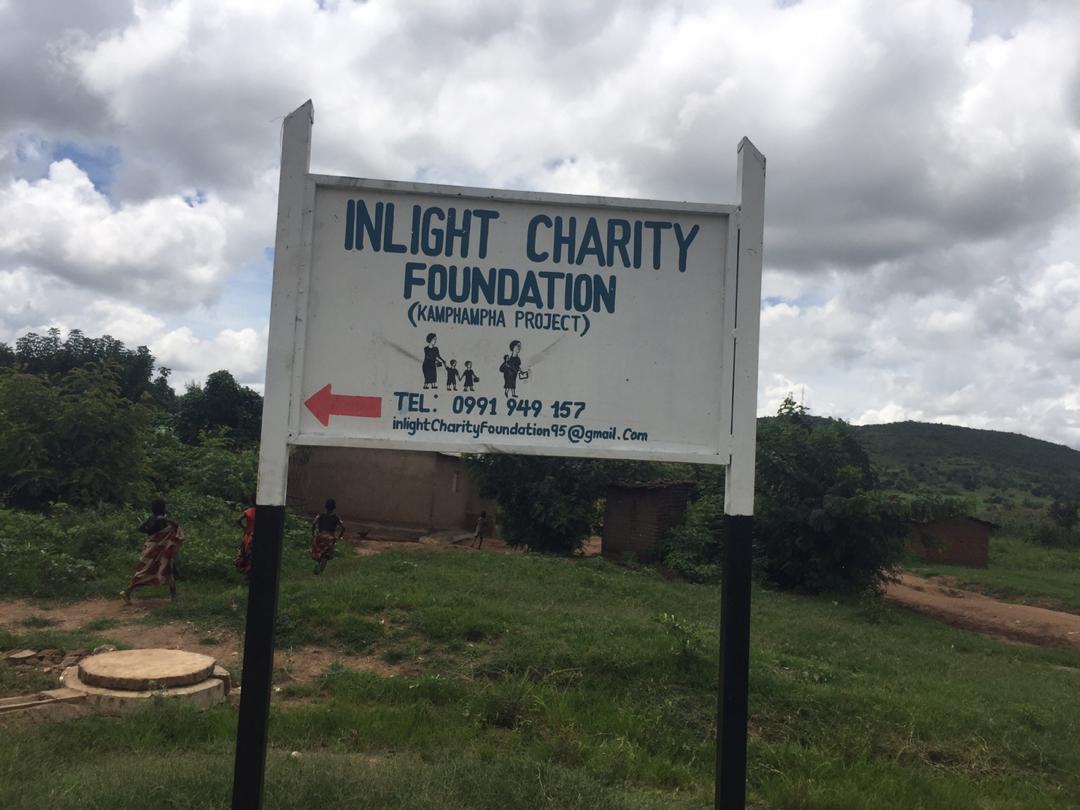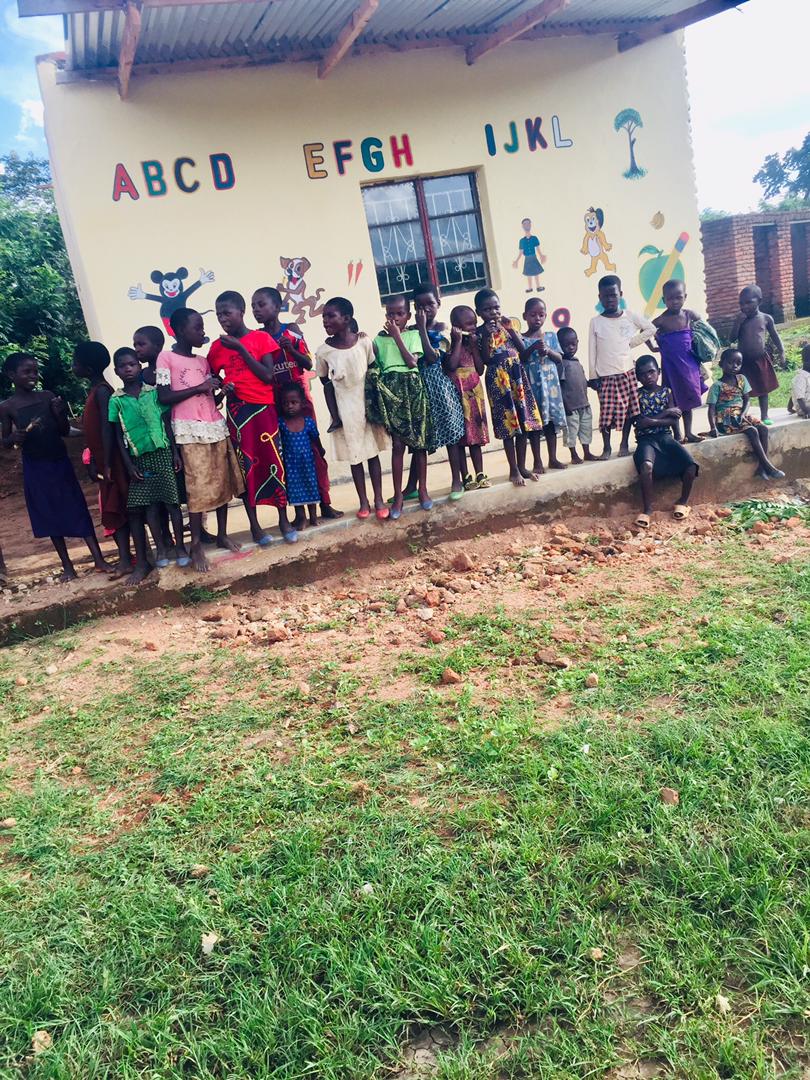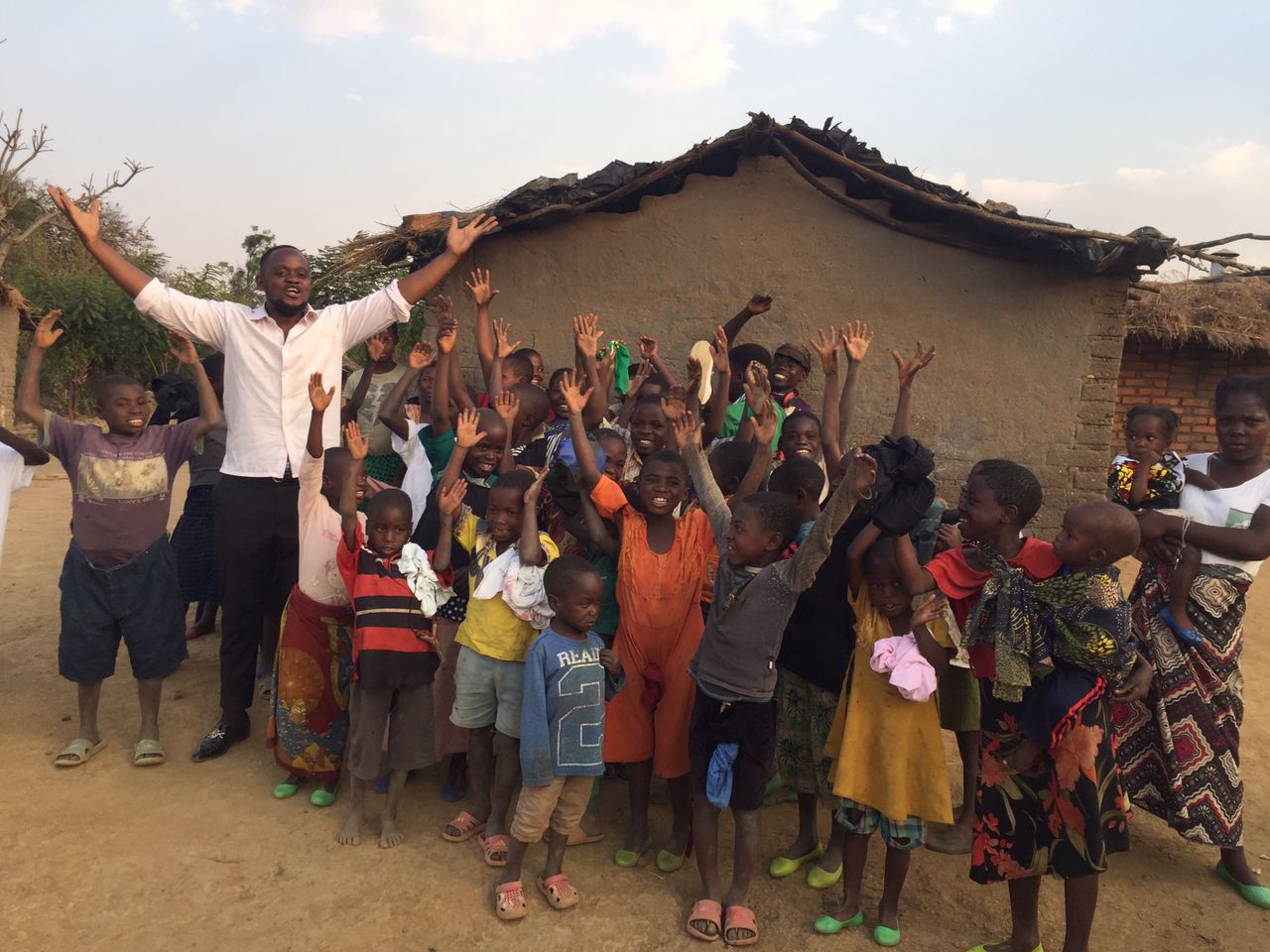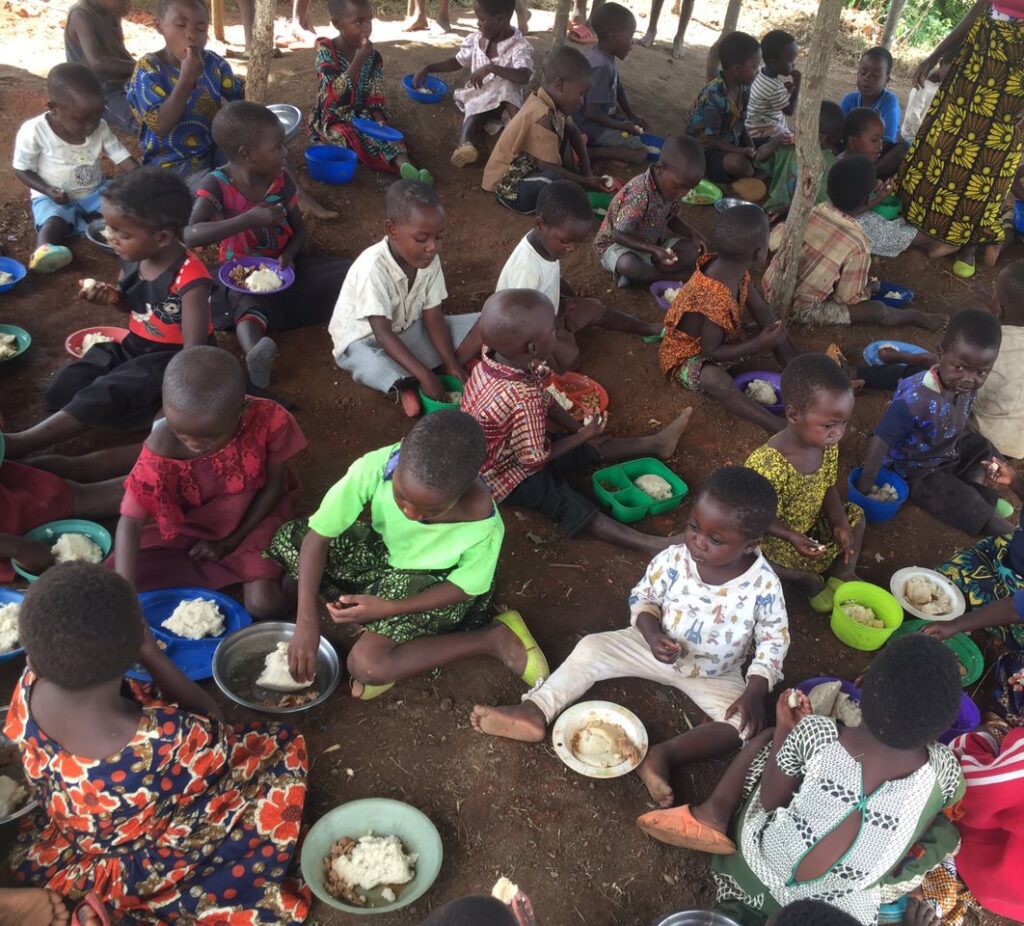About us
INTRODUCTION AND BACKROUND


INTRODUCTION
For many Care Centres such as the Inlight Charity Foundation (ICF), children are a priority stakeholder group. At the same time, they are often the most vulnerable population, requiring specific attention to guarantee respect for their human rights. The guiding principles on children’s human rights provide a broad framework through which organizations like ICF can operationalize their respect for human rights and further call on all adults to pay attention to groups or populations that may be more vulnerable or indeed marginalized.
ICF’s guiding principles, rules and regulations provide overarching framework for orphans and other vulnerable children’s caregiving activities. These are based on the Foundation’s model as well as the UN Guidelines for Alternative Care of Children Principles, which also reflect the UN Convention on the Rights of the Child and the African Charter on the Rights and Welfare of the Child.
Our Vision is creating a world where children freely and socially interact and play their roles at all levels as well as actively participate in all processes and activities that directly contribute to their growth, well-being and usefulness in society.
Our Mission is to enable children participate in family, community, institutions of learning, development organizations, spiritual ministries, and society at large; thereby ensure their freedom of Foundation, and interaction with peers and adults hence guaranteeing their well-being.
BACKGROUND
Since the advent of HIV and AIDS in 1985, Malawi has seen an astronomical increase in orphaned children due to death of parents. The main thrust of the Malawi is rated as the 13th poorest country in the world with a GNI per capita of USD 160. An estimated 65% of rural and 55% of urban populations live in extreme poverty (below 1 USD per day), with 85% surviving on subsistence farming. The orphan problem is phenomenal and constitutes a social catastrophe as orphans are subjected to the extreme poverty, hunger and deprived of their access to food, safety, education, development and protection from abuse and child trafficking, which is prominent in Malawi.
Malawi’s extended family system as well as its community and faith-based organizations, partially provides the majority of support and care initiatives for orphans and other vulnerable children (OVCs) with particular focus on step kids. The infant, child and maternal mortality rates are amongst the 20 highest in the world. Life expectancy has decreased from 45 years in 1995 to 39.3 years in 1998 for the average Malawian. It is estimated that 49% of children are moderately to severely stunted, 25% are underweight and 6% of children are wasted.
Although the HIV/AIDS prevalence rate seems to have stabilized in Malawi, the numbers of already infected indicate that the number of orphans and vulnerable children continue to over the next ten years. Increasing levels of poverty and the impact of the HIV/AIDS epidemic have contributed to the high numbers of orphans, of which have increased from 1,050,000 in 2004 to over 4,000,000 in 2015 in Malawi, half of these are due to HIV/AIDS. HIV and AIDS contributed considerably to orphans and vulnerable children’s population. The rights of orphans and vulnerable children are routinely abused and orphans and vulnerable children face problems including lack of food, shelter, clothing, access to education, water and sanitation, love and psychosocial support and basic health services. In addition, many children whose parents have died of HIV/AIDS are exposed to stigmatization, discrimination, economic and sexual exploitation. ICF is dedicated to bringing solutions
ICF'S OPERATING PLAN AND GOALS AND STRATEGIC OBJECTIVES
Strategic Goal: “To build and strengthen organizational Capacity to scale up response for the survival, growth, protection and development of Orphans and other Vulnerable Children (OVCS) with particular focus on step kids, by the end of 2030”.
Strategic Objective 1:
To enhance access for OVCs with particular focus on street-connected and orphans and step kids to essential quality services such as education, health, nutrition, water and sanitation and birth registration with increased support from social safety nets.

Strategic Objective 2:
To strengthen the capacity of women through women empowerment and mobilize communities to care for OVCs (home based care with particular focus on orphans, street connected and orphans and step kids by providing support to enhance their economic security, social and emotional well-being and to further protect OVCs from abuse, exploitation, property dispossession, stigma and discrimination in respect of gender equality.
Strategic Objective 3:
To protect the disadvantaged girls out of school and impacted by teenage pregnancy or in child marriages to return to school through equal and meaningful girl-child participation with jobless and out of school boys.
Strategic Objective 4:
To strengthen and build the technical, institutional and child reform child reform programs and development resource capacity of key OVCs with particular focus on orphans and step kids service providers like ICF.
Strategic Objective 5:
To raise awareness at all levels (village, area and district) through advocacy and social mobilization to create a supportive environment for children, girls, youth in general and women affected by poverty and HIV/AIDS.
Strategic Objective 6:
To continuously monitor and assess the situation of OVCs with particular focus on orphans and measure the gaps between what is being done and what must be done to adequately fulfill the rights and needs of OVCs.
CREATING A SAFETY CONCISOUS AND SOCIALLY PROGRESSIVE SOCIETY
Increasing dysfunctional families are creating a child safety crisis in Malawi requiring urgent remedial response by all concerned citizens. Orphans and step kids constitute a notion emerging from family breakdowns due to death of parents or that result in orphans being adopted by childless couple or compassionate couples, in the former case; and that result in second or third marriages caring for kids a couple has not begotten, in the latter case. Frequently, the treatment of such children is unacceptably in child reform child reform programs and development and in certain cases brutal.
The resultant effect of such scenarios in Malawi is a growing number of homeless children or what is popularly known as street connected kids who turn into beggars or even criminals in the worst scenario. Their characteristic features are begging, destitution, nakedness, homelessness and hunger-stricken or starvation. Consequently, such kids are raped, end up in child reform centres, and traumatized by unscrupulous adults who make a living through exploitation and immoral practices.

CURRENTLY SUPPORTING
More than just a joyful place
Join us in nurturing hope and building brighter futures for orphaned children through your compassionate support.
